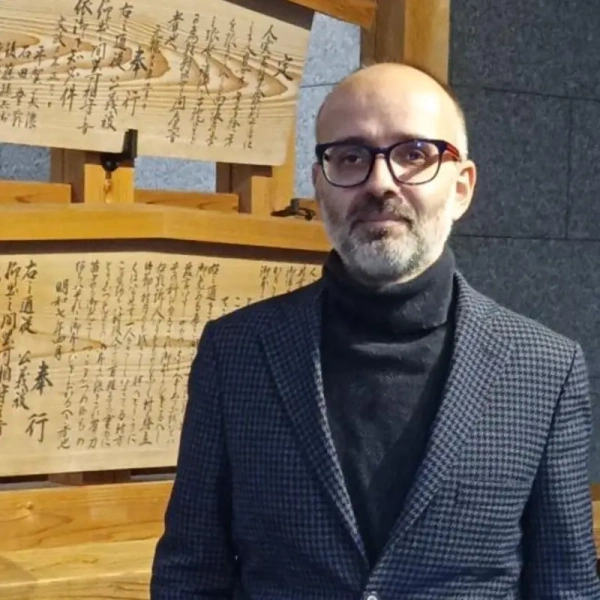Symposium & Workshop
NEWS
EVENT
Lecture "State Politics and the Return of Disowned Shamanic Spirits: reflections from Russia and China"
2024.11.16


Lecture "State Politics and the Return of Disowned Shamanic Spirits: reflections from Russia and China"
Konstantinos Zorbas(Associate Professor, Shandong University / Visiting research fellow, Tohoku University)
[Date ] 2024/12/4 15:00~17:00
[Place] 2nd exercise room(Dai 2 Enshu-shitsu), National Museum of Ethnology
[Participation] Open
[Summary]
This lecture offers a critical exploration of ethnographic materials, which document the intensified visibility of shamanism through a multiplicity of unsettling or unpredictable forms. Scholarship on the post-socialist political transition among Indigenous Siberian and Mongolian people has highlighted the centrality of shamanic rituals to the exchanges of curses and the perpetuation of dangerous forms of speech (with occult ramifications). Furthermore, recent studies of Mongolian shamanism have revealed how the upsurge of revitalization cults and initiation rites, which have aptly been described as a “pandemic of shamans”, overturns kin loyalties and genealogical links, fracturing familial, communal and ancestral bonds. Drawing on key studies, which foreground the “proliferation of shamans phenomenon” (Shimamura, The Roots Seekers, 2014; also 2017), as well on studies, which document striking parallels with adjacent ethnic groups (in Tuva, Russia, and Inner Mongolia, PRC), this lecture will develop new insights into the “re-activation” of shamanism and its unforeseen sociopolitical implications. Central to the argument, which I will advance, is the complex interplay between shamanism and Tibetan Buddhism, which unfolds through a native person’s reminiscences of religious (shamanic and Buddhist) interventions in a “curse-scape”. The materials of this ethnography will show how competing magical remedies were invented by spiritual specialists caught in a race for curbing a spiral of deadly cursing and ghostly predation that engulfed the residents of a native village in the Russian Republic of Tuva/Tyva (South Siberia) – in a process that parallels the salience of innovation-making as the focus of shamanic practices in Northern Mongolia (cf. Swancutt, Fortune and the Cursed, 2012). The lecture will further elaborate on the theme of controversy between “shamanism and the polity” in light of recent field data on the afterlives of talismans and artistic paintings showing female shamanic deities among other exhibits of Manchu culture in museums of Jilin Province, Northeastern China.
[Profile]
Konstantinos Zorbas (PhD Cambridge, M.Litt, St. Andrews) is an anthropologist researching shamanism and Indigenous religions. In his earlier fieldwork, he studied shamanic healing rituals in Tyva Republic, Siberia. His current project involves a study of ceremonial artifacts in Manchu museums. He is an associate professor of anthropology at Shandong University.
